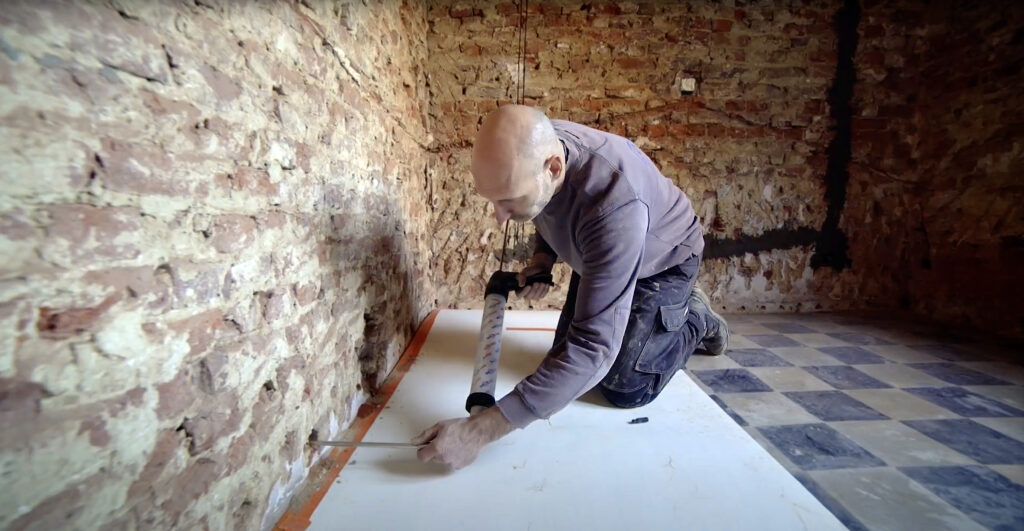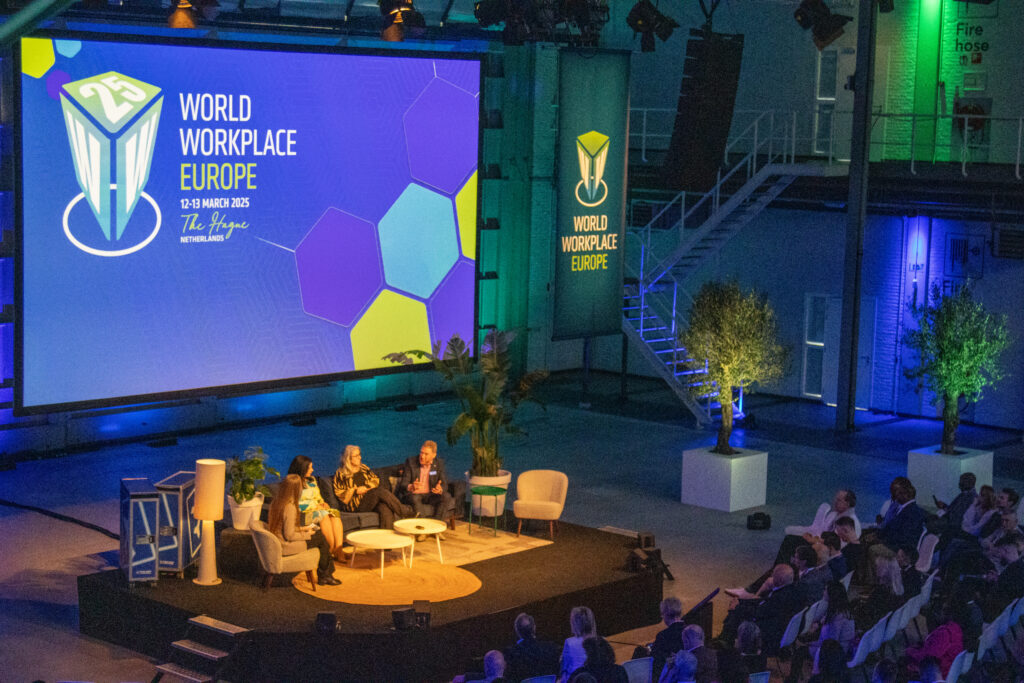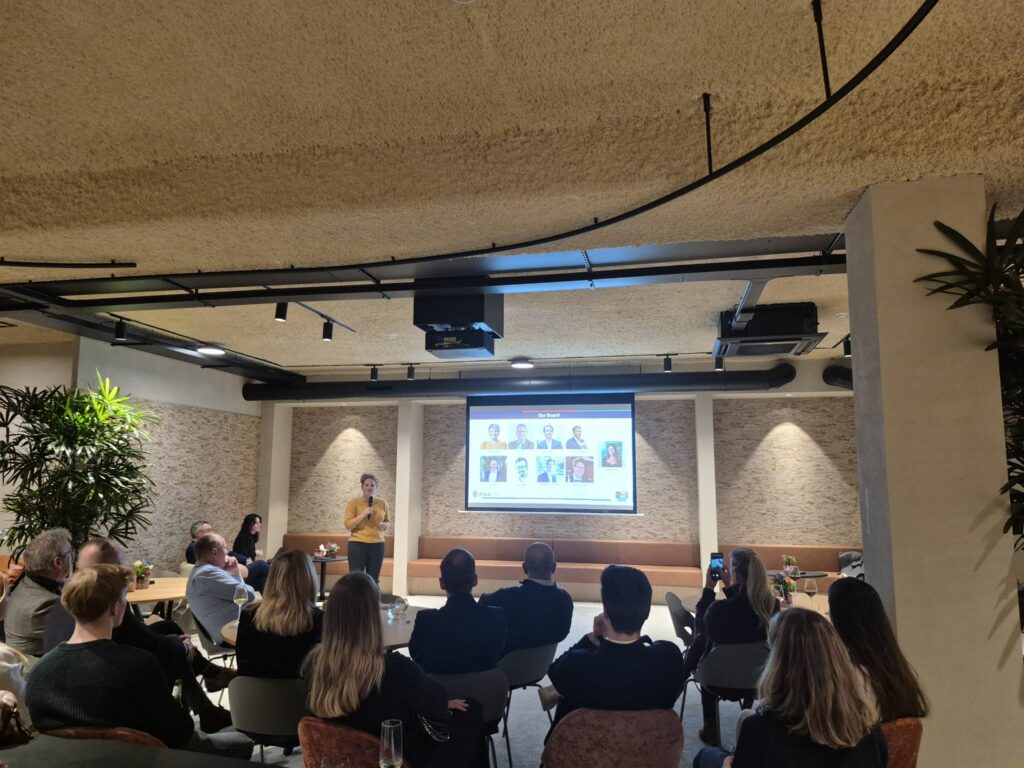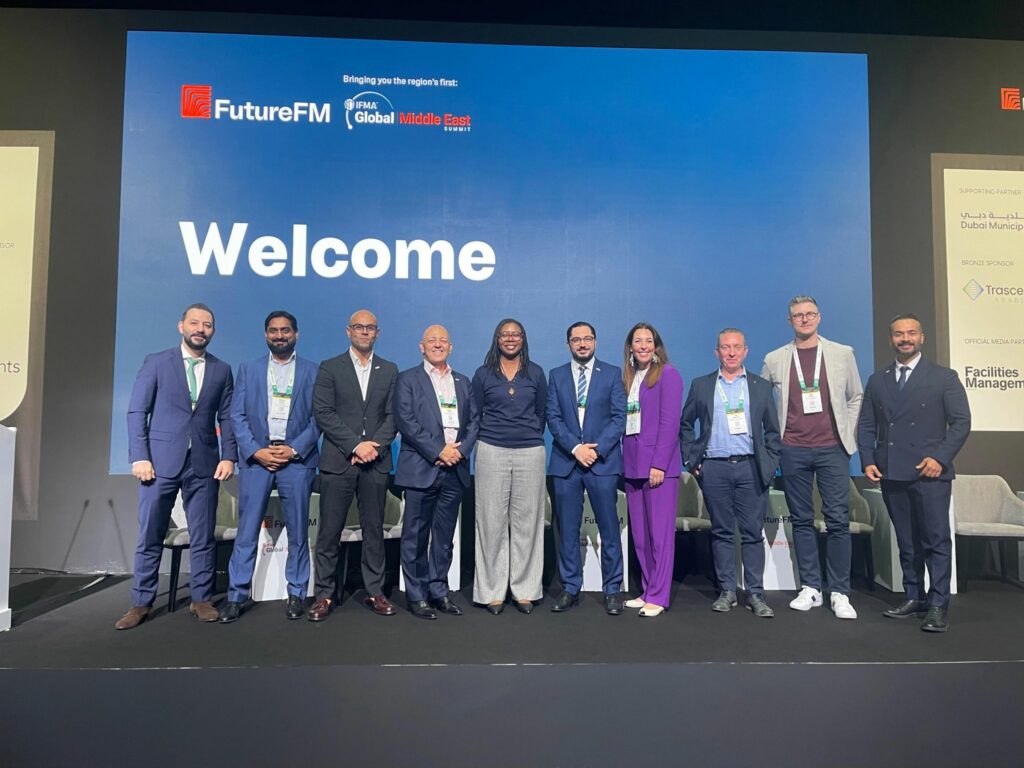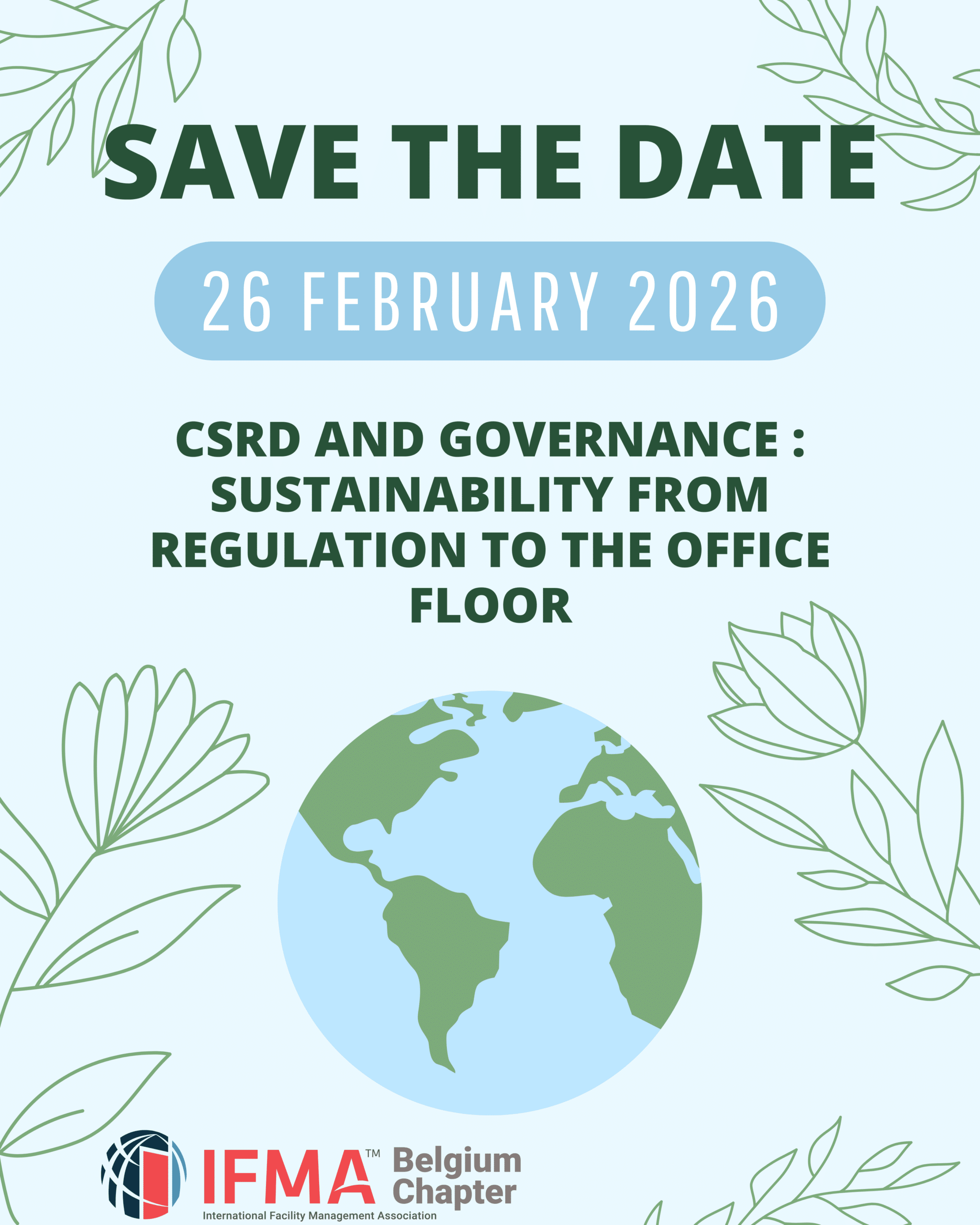ISS research on Hybrid Working
As a Workplace and FM service provider it is crucial for ISS to keep a finger at the pulse of employee and management sentiment when it comes to Hybrid Working.
First, we engaged with consultant Insites to conduct a survey about workplace expectations among white collar employees with medium to large companies and organizations.
In a second phase, we canvassed top managers at key accounts to find out if the sentiments of the C-suite are in line with those of the employees.

Hybrid Working is here to stay
The results of both surveys broadly support the general sentiment that Hybrid Working is here to stay. This is true for all types of organizations, albeit that the number of days of teleworking varies considerably with the industry.
Convenience and a feeling of increased productivity are important barriers to returning to the physical office. Today 1 in 3 employees in private companies indicate that they would even consider changing jobs if their employer would require them to return to the office fulltime. In a world where 36% of employees say that they are open for new professional opportunities and 5% that they are actively looking for a new job, this is a significant warning sign.
Belgian employees have high expectations on how the office is (re)organised after the pandemic. They expect their employer to develop and communicate a clear vision on how the future work environment will be shaped. Millennials especially expect extra efforts from employers in this regard, and they will be the dominant segment of the workforce in a few years. Employers better take note…
Today 1 in 3 employees in private companies indicate that they would even consider changing jobs if their employer would require them to return to the office fulltime
A need to redesign the office with spaces for employees to connect with colleagues
While employees have experienced the benefits of working from home, they do miss the social component of work and the informal contact with peers. Employers should therefore redesign the office with a focus on facilitating collaboration, offering moments and spaces to connect with colleagues, both formally and informally.
Even though employees generally feel more productive in a flexible work setting, a substantial proportion experience a drop in energy level when working from home for several days on end.
A major function of the office of the future is to inspire and energize people,
not just to get work done
Millennials suffer more than other generations from this. This would indicate that a major function of the office of the future is to inspire and energize people, not just to get work done. In that sense, the office must be the place where an organisation creates its shared identity and culture. This is echoed in the C-suite survey, where Company Culture ranks 3d in the importance of work attributes, nearly as high as Colleagues & Team.
If you’d like to receive the full results of our Workplace Experience surveys, please send a mail to marketing@be.issworld.com
About the author

Dirk Van den Steen, Head of Commercial Excellence @ ISS
Sales & Marketing Communications Manager, Dirk has a strong history of working in the facilities services industry.




